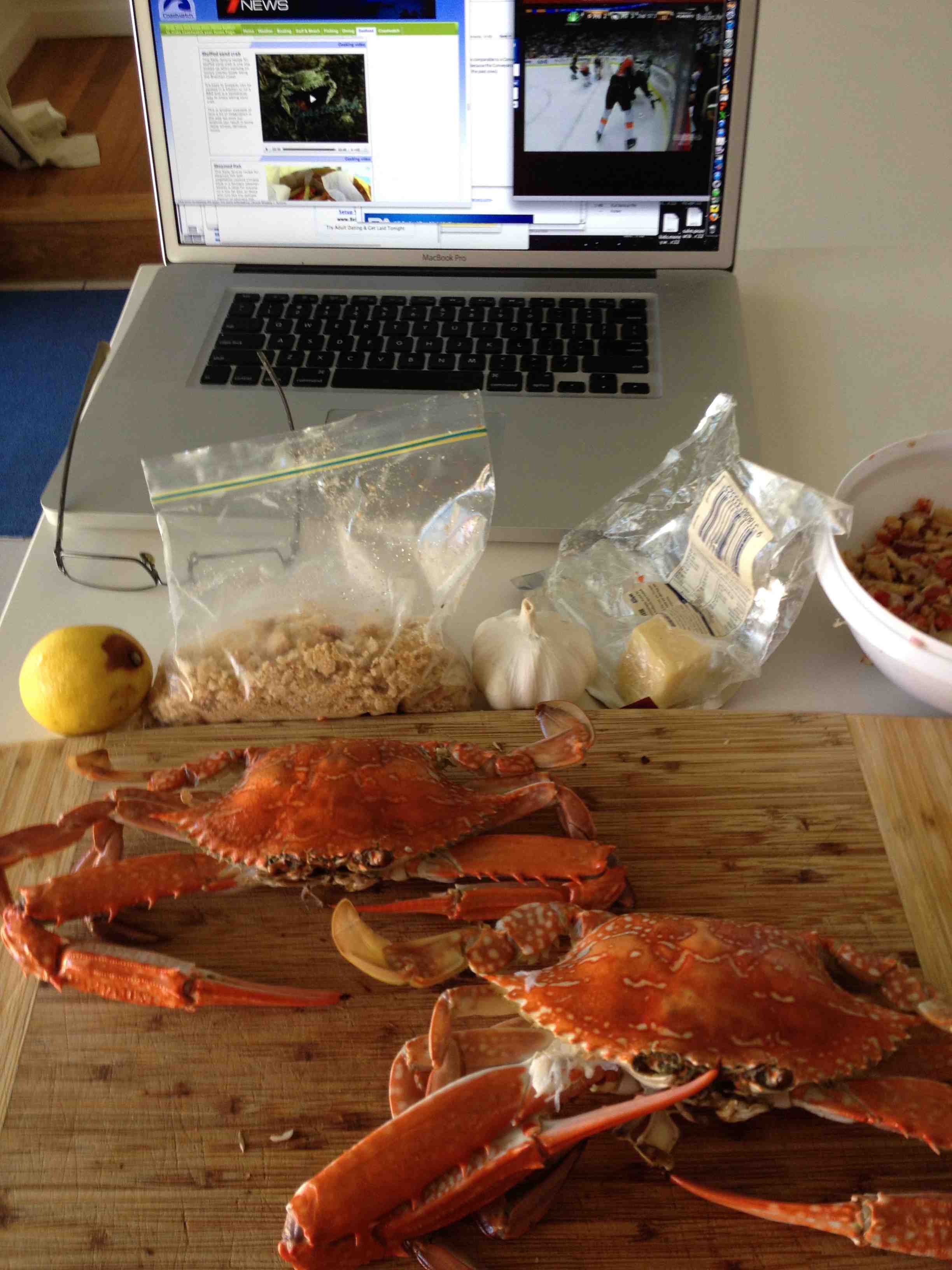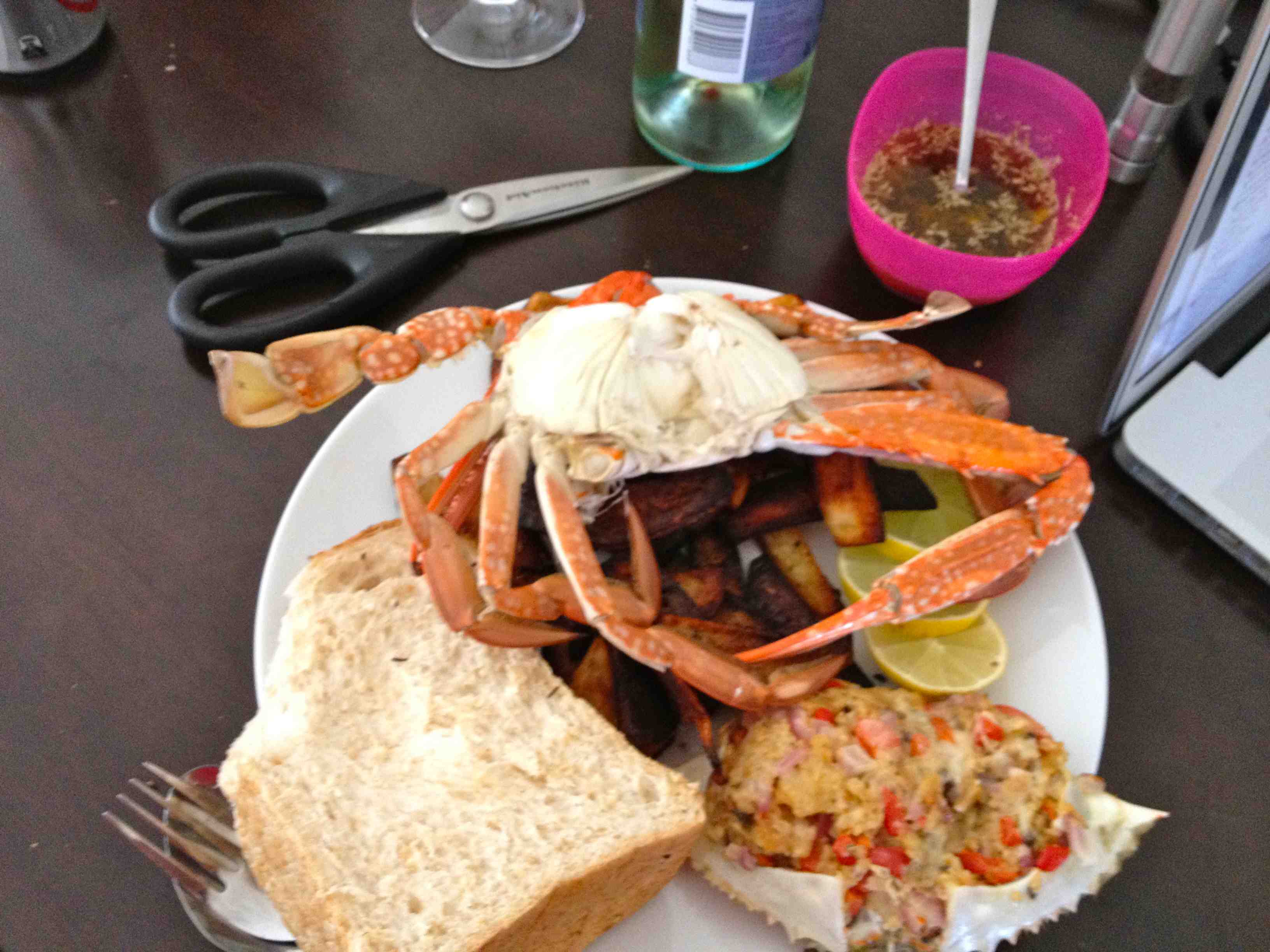One of the proudest things I’ve done is help train U.S. military veterinarians in food safety each year I was at Kansas State University.
 I still carry the warrant officer badge in my knapsack.
I still carry the warrant officer badge in my knapsack.
Steven M. Sellers of BNA writes that Sodexo Inc. is facing a surge of foodborne illness lawsuits over undercooked beef its employees allegedly served at two Marine Corps bases in California.
Tristan Abbott’s Aug. 24 complaint, the most recent of three suits filed in the U.S. District Court for the Southern District of California, alleges he suffered kidney and brain damage from beef contaminated with a virulent strain of E. coli bacteria.
Sodexo, the food and facilities management giant that serves corporations, schools, and the military, says it provides “quality of life” food and other services at 13,000 sites across the U.S. and Canada. The suits questions whether it lived up to its mission at the Marine Corps Recruit Depot and Camp Pendleton in San Diego.
At least 244 Marine recruits were sickened in the outbreak of Shiga toxin-producing E. coli last year. Thirty were hospitalized, 15 with life-threatening kidney failure, according to researchers from the U.S. Centers for Disease Control and Prevention.
The bacteria, known as E. coli O157:H7, can cause severe abdominal cramps, diarrhea, vomiting, and life-threatening complications in some cases.
Abbott was placed on dialysis and developed neurological symptoms from the infection, for which he received a medical discharge from the Marines in April, he says.
Investigators from the CDC and the Department of Defense found a “statistically significant association” between ill recruits and undercooked ground beef, for which Sodexo employees only intermittently checked temperatures, the complaint states.
“We recommended the Navy and Marine Corps retain lot information, address food handling concerns, and improve hygiene among recruits,” CDC researchers reported at an Epidemic Intelligence Service conference in April. The investigators also noted “poor hygiene practices among recruits.”
Sodexo told Bloomberg Law Aug. 27 that the source the outbreak remains uncertain.






